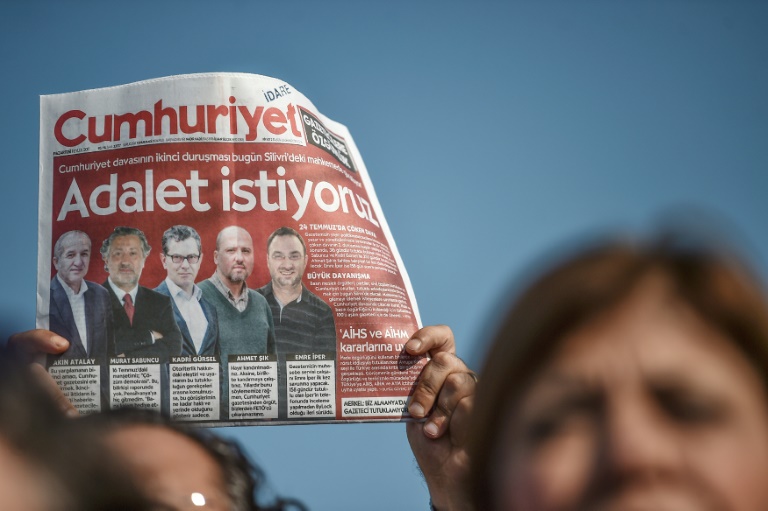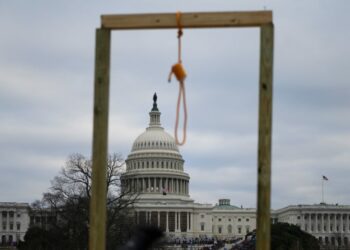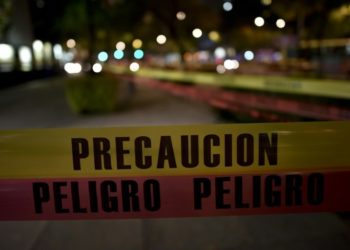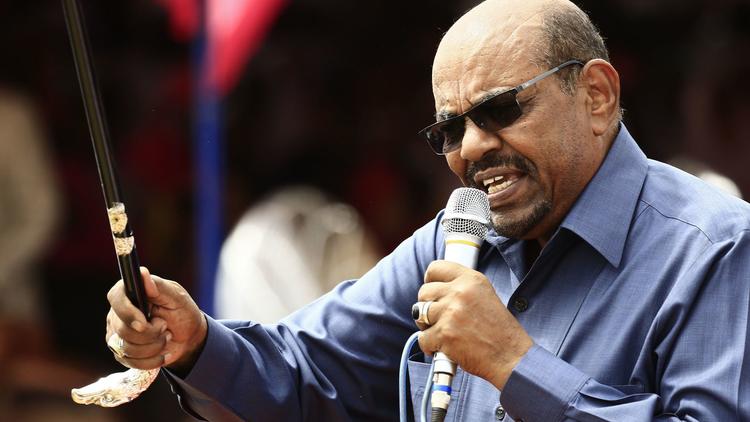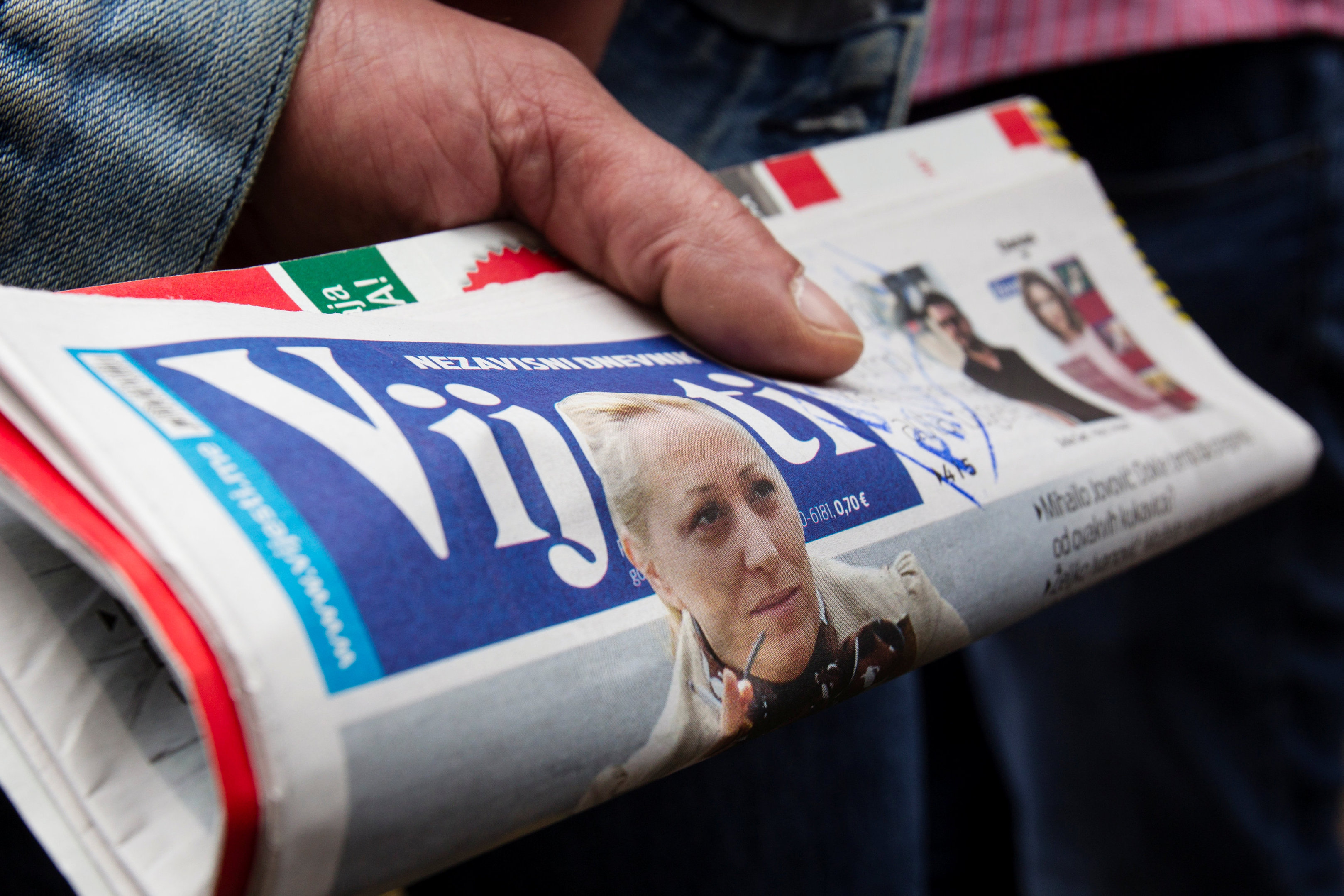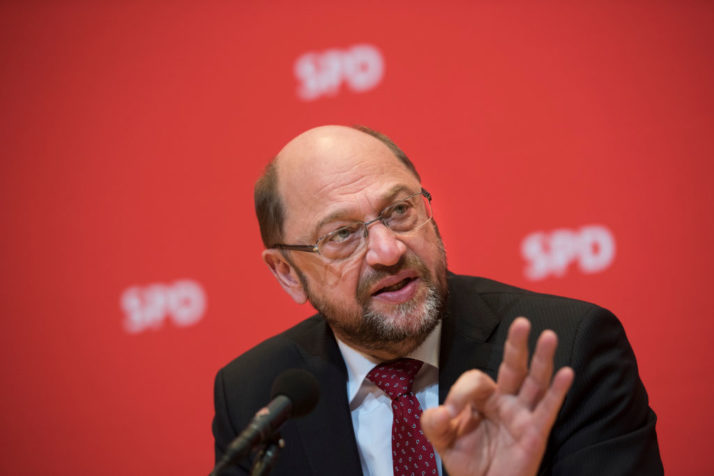An Istanbul court on Monday ruled to keep five of six Cumhuriyet journalists in prison after a lengthy hearing observed by international press organizations and dozens of media members.
Five journalists and another newspaper employee appeared at the hearing, which at times plunged into tense moments when judges dismissed defenses and pleas of lawyers. The court set Sept. 25 as the date of next hearing to thoroughly assess expert report and eyewitness accounts.
The prosecution demanded the continuation of imprisonment of the journalists who have been kept in Istanbul’s Silivri prison complex for months. Emin Iper, an accountant at Cumhuriyet who was not imprisoned, was also included in the same trial along with other journalists.
The court also ruled for examination of previously spared “digital evidence” and issued arrest warrants for former Editor-in-Chief Can Dundar, who is in Germany in self-exile, and Ilhan Tanir, a Washington, D.C.-based journalist who once contributed to Cumhuriyet.
“#Cumhuriyet17 trial an absolute mockery of justice. 13.5 hours of proceedings today & then no releases. Next hearing set for 25 September,” Rebecca Vincent, U.K. bureau Director of Reporters Without Borders, tweeted in dismay after the court decision, which came toward midnight in Istanbul local time. She came from London to follow the trial.
“RSF condemns decision to keep 5 of the #Cumhuriyet17 unjustly detained. They should be immediately released & all charges dropped! #Turkey,” Reporters Without Borders said on its official Twitter account.
The trial of 17 Cumhuriyet journalists reinforces the conviction that the press under President Recep Tayyip Erdogan is all but free.
The case, which opened in Istanbul in July, involves 17 current and former writers, cartoonists and executives from Cumhuriyet newspaper who are being tried on “terror” and coup-related charges in a move denounced by supporters as absurd.
For government critics, the case is emblematic of the erosion of freedom following last year’s failed coup when Ankara launched a massive crackdown targeting those with alleged links to the putschists as well as opponents.
Prominent commentator Kadri Gursel was defiant when he took the stand, claiming he was on trial because of his “journalistic activities”.
“Whatever the verdict, I have an untroubled conscience. And if there is even a little bit of justice left in this period where justice has been trampled upon, I know I will be acquitted,” he said.
On July 28, an Istanbul court freed seven of the newspaper’s staff after 271 days, including respected cartoonist Musa Kart and Turhan Gunay, editor of the books supplement.
But some of the paper’s most prominent staff remain in custody, among them Mr. Gursel, investigative journalist Ahmet Sik, editor-in-chief Murat Sabuncu and chief executive Akin Atalay.
Mr. Sik has been behind bars for 255 days while the other three have been jailed for 316 days. If convicted, they face varying terms of up to 43 years in jail.
His lawyer Fikret Ilkiz said “If Ahmet Sik’s crime is journalism then his whole life is a crime.”
Eight other suspects have also been charged but are not being held in prison.
Those on trial are charged with using their position to support the Kurdistan Workers’ Party (PKK), the ultra-left Revolutionary People’s Liberation Party-Front (DHKP-C), and the Gulen movement.
Ankara has branded all the three as terror organizations.
The hearing was closely followed by The International Federation of Journalists (IFJ), Reporters Without Borders (RSF), The European Federation of Journalists (EFJ), International Press Institute (IPI), PEN and dozens of lawmakers from Turkey’s opposition parties. Cartoonists Rights Network International (CRNI) also was present at the hearing to display solidarity with cartoonist Musa Kart.
There was heavy security presence at the entrance of Caglayan Courthouse, a place that ingrained in public memory for notorious trials that saw imprisonment of journalists, writers, professors and cultured people.
The overwhelming presence of gendarmerie and police special forces was not lost on international observers who were appalled to see such measures for the trial.
Excessive armed officials inside & outside court today. Can't be too careful w/'terrorist' journalists. #Cumhuriyet17 #JournalismIsNotACrime pic.twitter.com/PZnw2lOBIS
— Rebecca Vincent (@rebecca_vincent) September 11, 2017
Turkey’s media landscape has been brutally gutted by the post-coup clampdown. According to the P24 press freedom group, there are 171 journalists behind bars, most of whom were arrested after the coup in a move that has alarmed Turkey’s Western allies.
Turkey ranks 155 out of 180 on the latest RSF world press freedom index.


